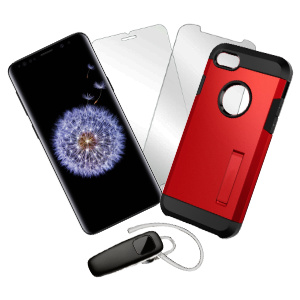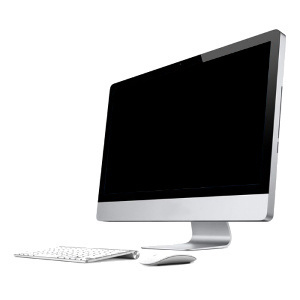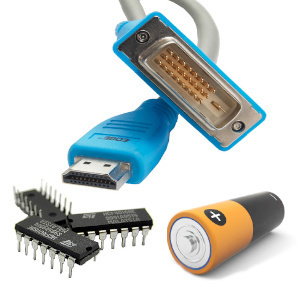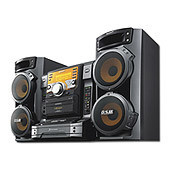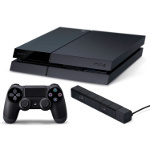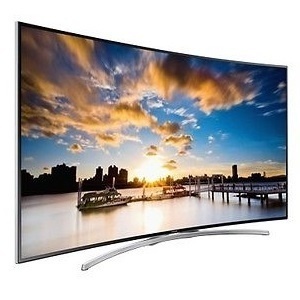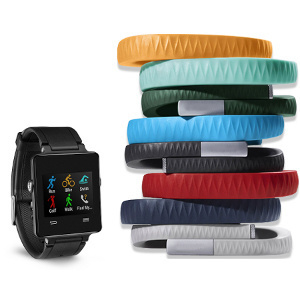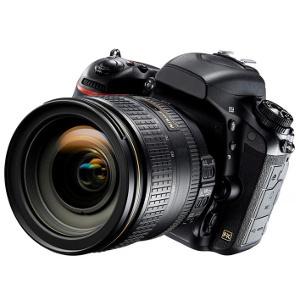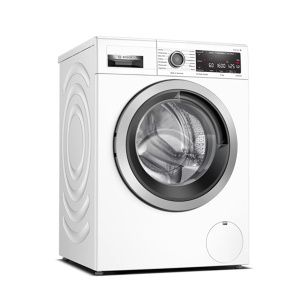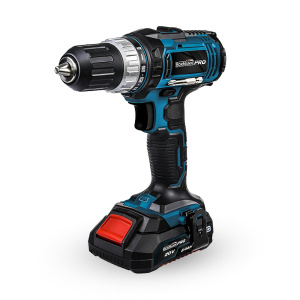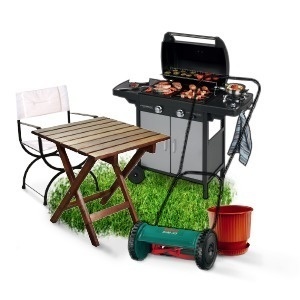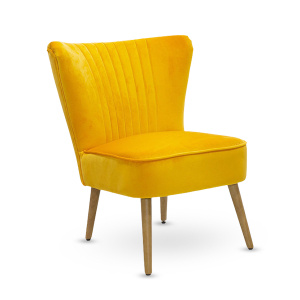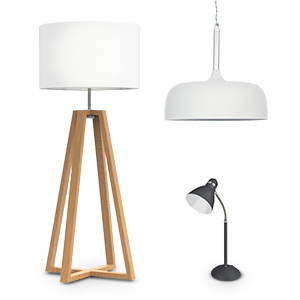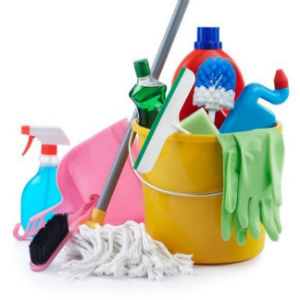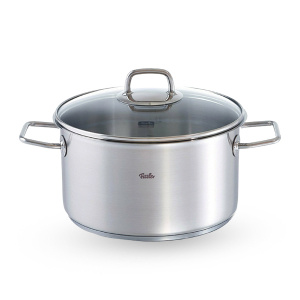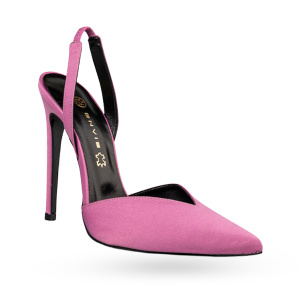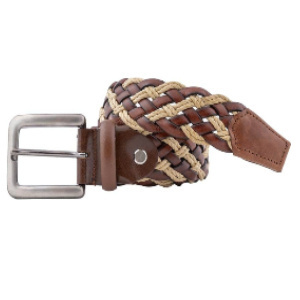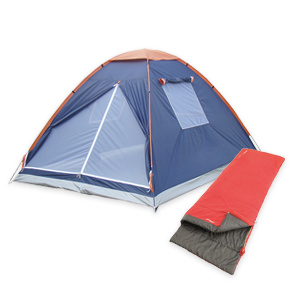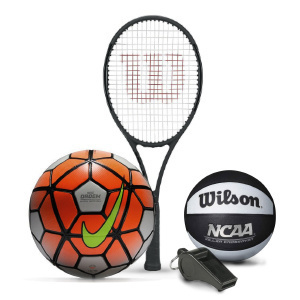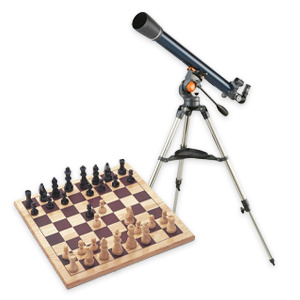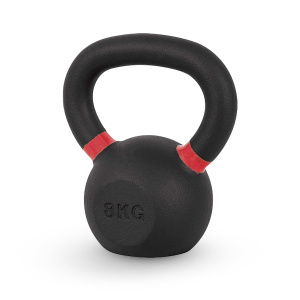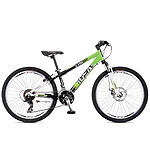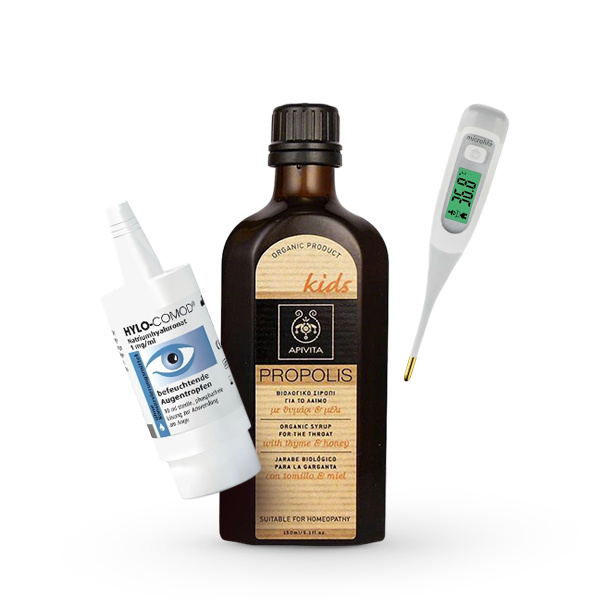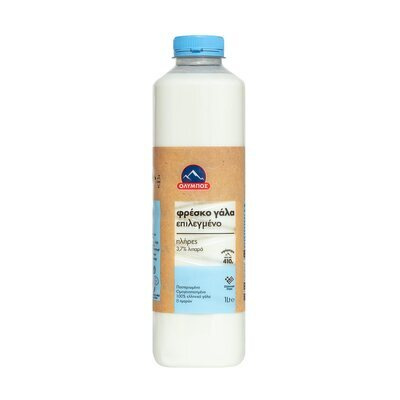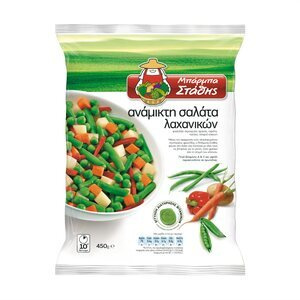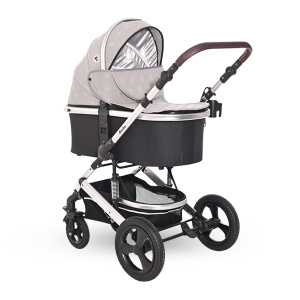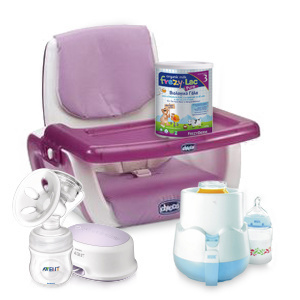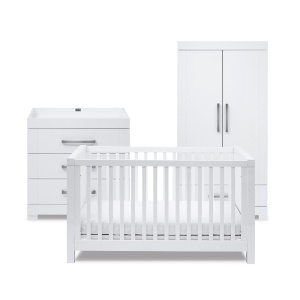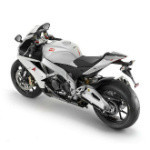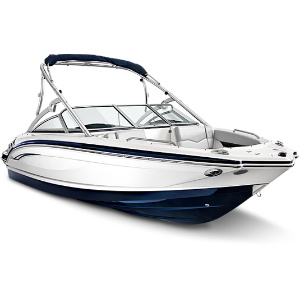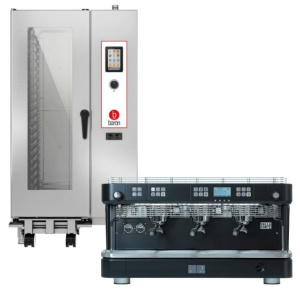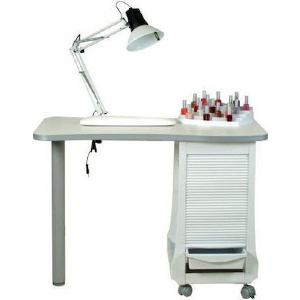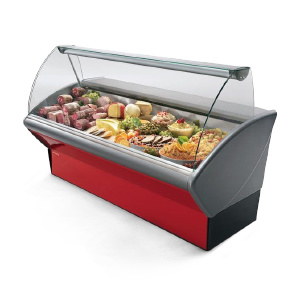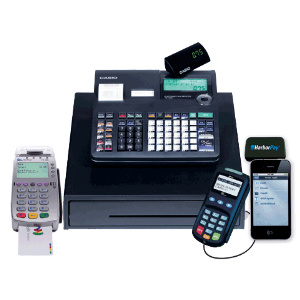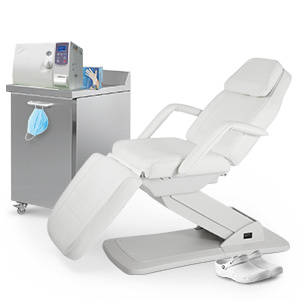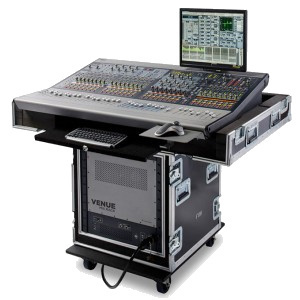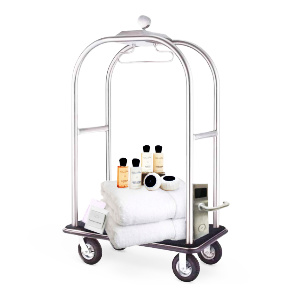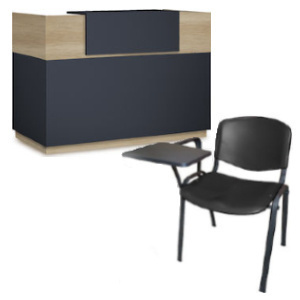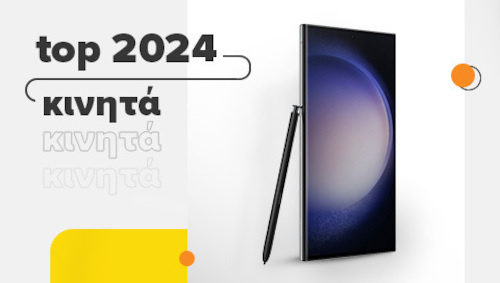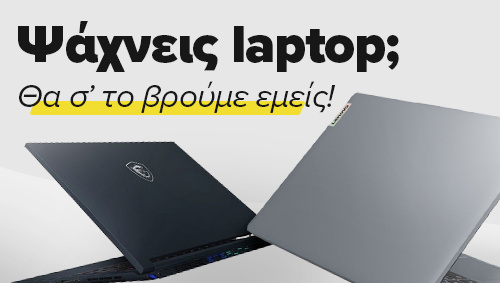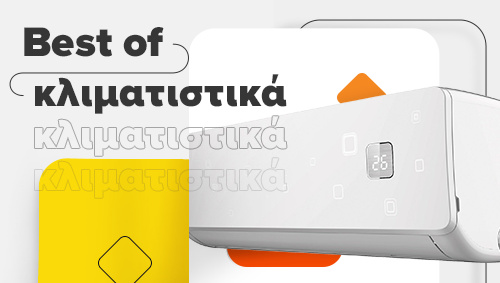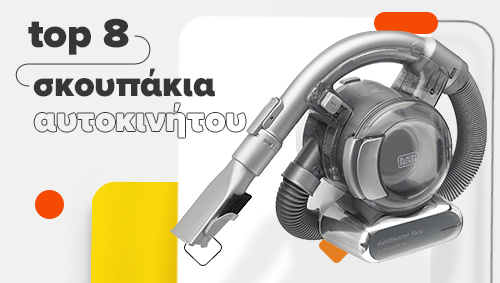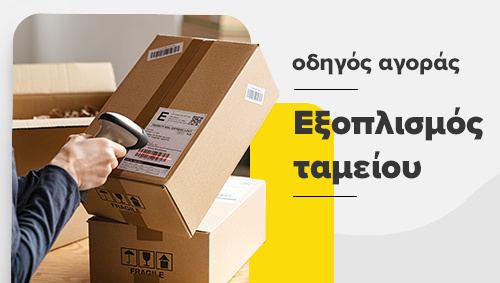Buying Guide for Cash Registers
As Professionals, you are always looking for the ideal solution to meet the needs of your business. Here you will find the basic information you need regarding the purchase of a Cash Register, whether you have been in the industry for years or are taking your first steps. Of course, before making any decision, you should consult your accountant, as they are the most knowledgeable in guiding you and explaining the technical tax details.
The A-Z:
The most important factor that will guide you in purchasing the most suitable cash register is the nature of your business. Therefore, we cannot say that there are good and bad cash registers, but rather machines that fit well with your business and the needs you are called to meet.
How to Choose a Cash Register?
1. Number of Daily Receipts
![enter image description here][1] The number of receipts you issue daily is a parameter that you should take into account. [Cash registers][2], depending on their intended use, are divided into economical, medium-range, and high-demand machines. [Economical cash registers][3], with prices ranging from approximately €250 to €300, are intended for light use, i.e. for businesses that issue no more than 30-40 receipts daily (e.g. Gyms, Veterinary Clinics). [Medium-range cash registers][4], with prices ranging from approximately €300 to €360, are intended for businesses that issue receipts frequently throughout the day (e.g. Kiosks, Clothing Stores, Butcher Shops). In comparison to economical machines, they have more durable materials and keyboards, as well as a faster printer. Finally, for large businesses (e.g. Supermarkets, Restaurants), it is recommended to purchase [high-demand cash registers][5], which start at around €370. Their main advantage compared to medium-range machines is the ability to connect to more devices (e.g. Printers, Barcode Scanners, Screens).
2. Machine Durability in Difficult/Demanding Conditions
![enter image description here][6] If your business operates on a daily and 24-hour basis (e.g. Gas Stations, 24-hour Creperies, etc.), then humidity and voltage fluctuations - combined with the continuous operation of the cash register - are your biggest enemies. In this case, you should refer to and prefer a model with the ability to operate [with a battery][7] and definitely combine it with a [UPS][8], to ensure that you will not be left without a cash register in case of a power outage.
3. Battery Size
![enter image description here][9] This parameter mainly applies to outdoor markets (e.g. [Cash registers for Flea Markets][10], Cafeterias) but also to areas with frequent power outages (e.g. islands during the summer period). Therefore, before making a purchase, do not forget to ask how many hours the battery lasts before it needs to be charged. Attention! Although a cash register may operate with a battery, it may not be sufficient to meet your needs if they are increased. If you are looking for a cash register for outdoor use, then you should refer to portable cash registers with special approval license (from the Ministry of Finance) for use in outdoor markets.
4. Connection Capability with Peripheral Devices
![system][11] If the nature of your business "generates" greater requirements and requires the coexistence of multiple machines, then you should seriously consider this criterion. For a large business, e.g. a supermarket, you may need to connect a scale or a barcode scanner or even multiple screens in order to adequately meet your own needs as well as those of your customers. Pay attention to the available connection ports (Ethernet, Serial, USB) to ensure compatibility between device interfaces, and ensure that there are enough ports to meet your needs and avoid surprises.
5. Service
![service][12] Finally, we leave a highly important purchasing criterion that you should not ignore. Ideally, the purchase of the cash register should be made from a store that provides reliable and immediate service. You certainly do not want to be without a cash register for a moment!
Useful Information!
- The lifespan of cash registers is defined by the Fiscal Memory or "Z". In general, an average cash register ranges between 1800 and 2000 "Z", which is about 5.5 years if used 5-7 days a week.
- Another parameter is the so-called "Suitability License", which lasts 5+1 years from the moment the specific model receives approval from the Ministry of Finance. The expiration of the suitability license marks the cessation of production and sale of the model by the manufacturing company. However, the merchant has the ability to sell the model for an additional year. If you are the owner of a cash register whose suitability license is about to expire, you will not need to replace it, as it will continue to function. For example, if you bought a cash register in 2019 that received approval in 2016, then with the expiration of the suitability license, it will no longer be sold, but service and spare parts will continue to be provided for owners. Therefore, a cash register that has not been sold is withdrawn by the manufacturer upon the expiration of the suitability license. The merchant is entitled to sell it for an additional year. On the other hand, if the same cash register has been sold before the expiration of the suitability license, it will continue to operate normally until its Fiscal Memory (i.e., "Z") is finished.
- The cash register must have the integrated program for connection with Taxis.
- Fiscal Electronic Mechanisms (FEM) that cannot be connected online with AADE will be withdrawn by 31/3/2021 ([Government Gazette B' 1751/07-05-2020][13]) after being extended from the initial deadline of 31/5/2020 ([Government Gazette: 5830Β/30-12-2020][14]).
- The central screw of the machine must be sealed with wax and only an authorized technician is allowed to remove it.
- Check the label on the machine where the registration number (verification with the purchase receipt), the manufacturer's details, and the approval from the Ministry of Finance are indicated, to ensure that it is a certified cash register.
Fiscal Devices
![enter image description here][15] A device that may be useful to you and is similar - in terms of some of its functions (e.g. Receipt printing) - to cash registers, is the [fiscal device (EAFDSS)][16].
What is their usefulness?
- Issuance of Daily Tax Report Marking Elements (Issue "Z")
- Issuance of Period Reading of Daily Summary Tax Memory (DAPFMIS). That is, "Z" issuance for periods longer than one day.
- Issuance of Daily Summary-Signature Sheets (DSS).
Are there different types of Fiscal Devices?
No, there are no different types. However, there are two types of solutions. Type "A" solution and Type "B" solution, which exclusively concern the software of the computerized system (ERP) with which they are required to connect. Therefore, the same device (hardware) can accept two different Types (software).
Type A Solution
The "Type A Solution" is compatible with a variety of market software, so if your software is old or if you want to change software, then Type A offers you more options and the ability to change software without having to purchase a new fiscal device.
Type B Solution
In contrast to Type A, Type B Solution communicates directly with the marking mechanism, ensuring speed and security in your transactions. It also allows you to reprint a document at any time you want. Finally, Type B gives you the ability to keep a history of documents for each item issued (i.e. date and time of marking, digital signature, etc.). The disadvantage of Type B is that if you want to change software, you will also have to change the fiscal device, as each Type B fiscal device is compatible with only one software.
How do I choose in the end?
Since the most important part of choosing a Fiscal Device is its integration and therefore communication with the software you have purchased for the operation of your PoS system, it is best to choose the Fiscal Device recommended by the same company from which you will purchase your software, so that you can be sure that the Fiscal Device and the computerized system software (ERP) will be compatible.
<!DOCTYPE html>
Cash Registers Guide
Welcome to our guide for cash registers. Here you will find all the information you need to make an informed decision when purchasing a cash register for your business.
Table of Contents
- Introduction
- Types of Cash Registers
- Features to Consider
- Choosing the Right Cash Register
- Installation and Setup
- Maintenance and Troubleshooting
- Additional Resources
1. Introduction
In this section, we will provide an overview of cash registers and their importance in a retail business.
2. Types of Cash Registers
There are several types of cash registers available in the market. In this section, we will discuss the different types and their features.
3. Features to Consider
When choosing a cash register, it is important to consider certain features that will meet the specific needs of your business. In this section, we will explore these features in detail.
4. Choosing the Right Cash Register
Once you have identified the features you require, it is time to choose the right cash register for your business. In this section, we will provide guidance on how to make the best decision.
5. Installation and Setup
After purchasing a cash register, proper installation and setup are crucial for its smooth operation. In this section, we will provide step-by-step instructions for installation and setup.
6. Maintenance and Troubleshooting
To ensure the longevity of your cash register, regular maintenance and troubleshooting are necessary. In this section, we will provide tips and techniques for proper maintenance and troubleshooting.
7. Additional Resources
For further information and resources on cash registers, please refer to the following:
- Greek Tax Authority - Cash Register Guidelines (PDF)
- Greek Tax Authority - Updated Cash Register Guidelines (PDF)
We hope this guide helps you in choosing and using the right cash register for your business. If you have any further questions, please feel free to contact us.










